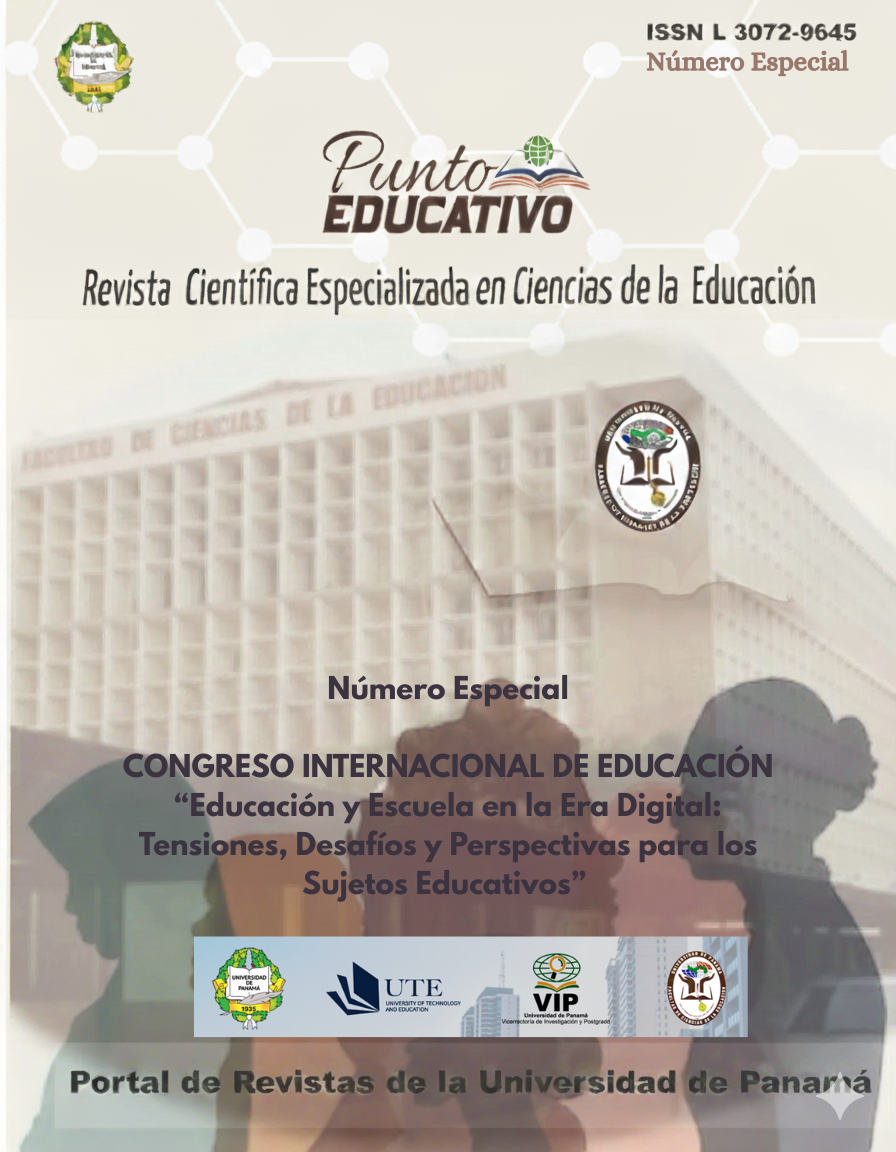

Copyright (c) 2025 Punto educativo

This work is licensed under a Creative Commons Attribution-NonCommercial-ShareAlike 4.0 International License.
The teacher plays an important role in the various teaching-learning processes, each teacher must be on par with the new dynamics offered by experts in education in the XXI century; Authors such as Seymour Papert, Jeannette Wing and Suchi Grover highlight the importance of including computational thinking in education, they agree that learning to program helps develop skills such as creativity, critical thinking, and problem solving, promote innovation by being able to give multiple answers to a problem. Currently, computational thinking is considered a tool that helps to reduce digital literacy gaps and increase motivation levels in the teaching-learning process.
The article will be oriented in the advances of the doctoral thesis proposal, titled “didactic strategies in computational thinking to motivate learning in the 8th grade of the technical educational institution José Antonio Galán of Puerto Boyacá”. The objective is to evaluate the effect caused by the application of didactic strategies based on computational thinking as a tool to motivate learning in students. The proposal is focused on quantitative research of experimental design, the data will be obtained with pretest and post-test method. In order to evaluate the levels of motivation in students before and after applying the strategy, taking as a reference a control group. The proposal aims to demonstrate that computational thinking allows the formation of competent students, with fundamental skills to face a globalized world.